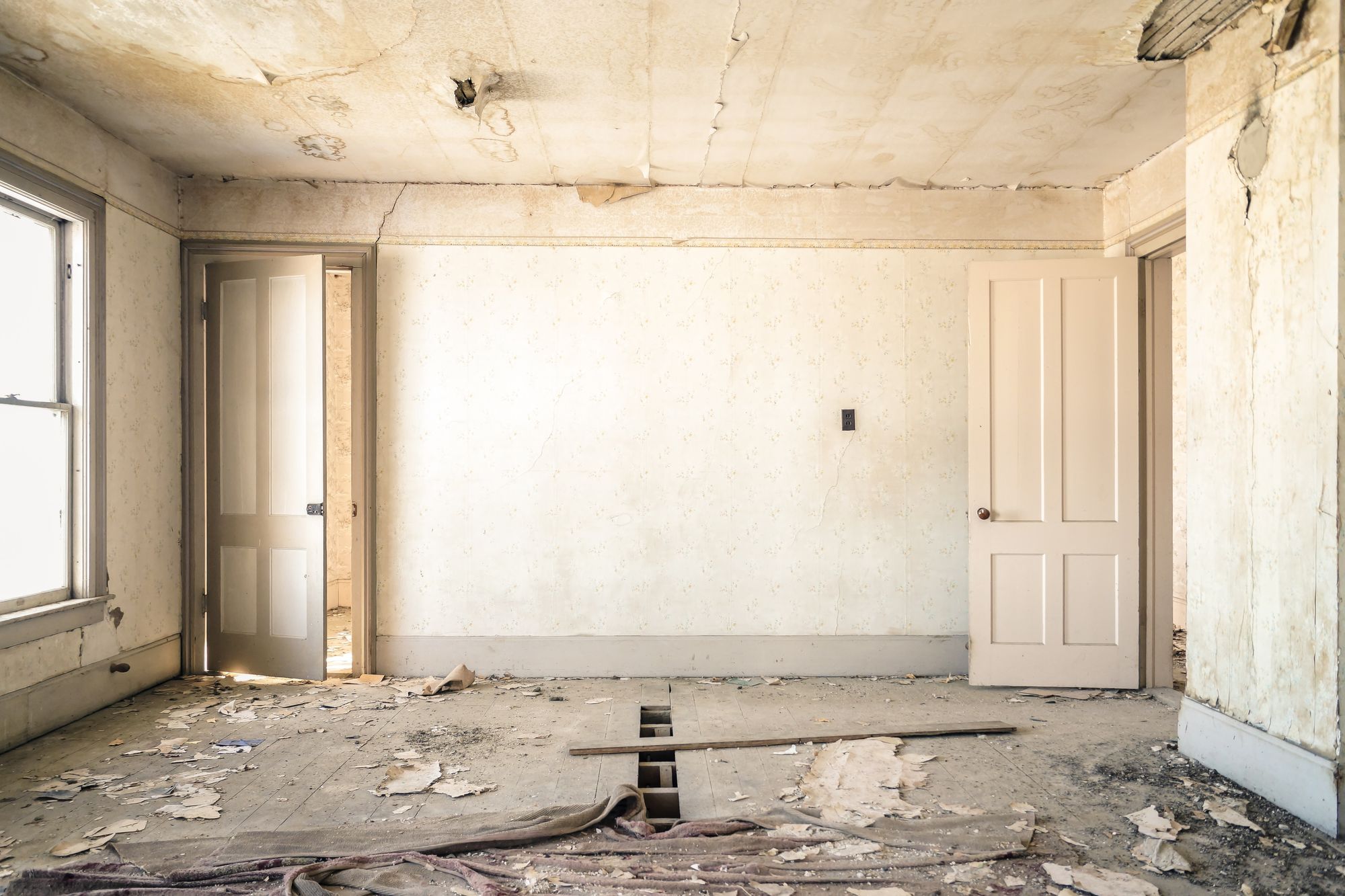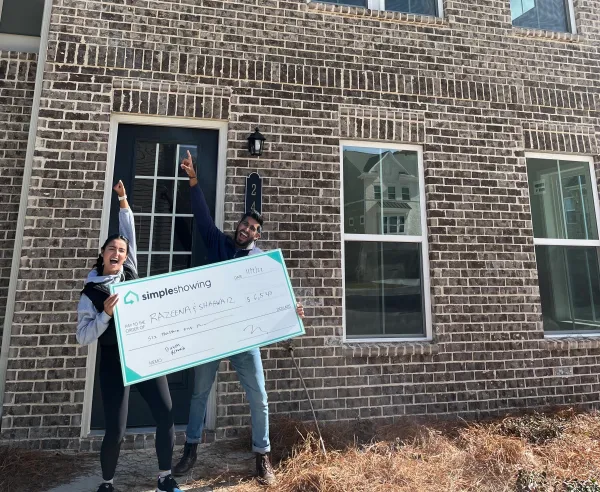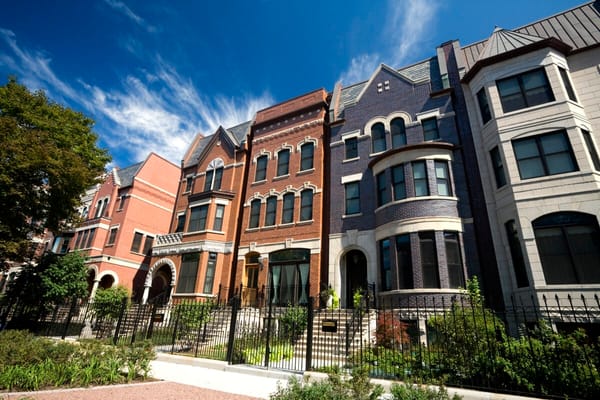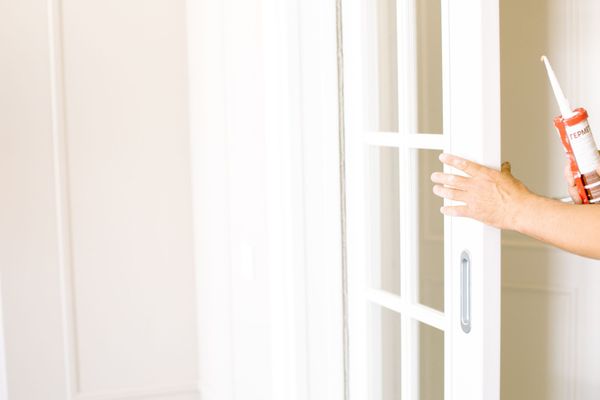The housing market is a complex landscape that can be filled with confusing signage and misleading markers. A cheap home may seem like a beneficial bargain at first, only to reveal itself as an exorbitantly priced renovation project after closing.
Cheap homes are almost always cheap for a reason. They're smaller and less desirable, or they may require more work than their higher-priced counterparts. You may consider many reasons to purchase a cheap home, but you need to understand what you're getting into if you take this route.
Why You Should Look at Cheap Houses for Sale
When you're shopping for a house, you can be tempted to test the upper limits of what your lender will give you and explore homes in this price range.
However, shopping for a cheaper house has many advantages. If you're looking for a home to live in full time, buying a cheap house for sale will do the following:
- Keep your mortgage payments low so you can free up money that you can use to pay off debt, create a college fund, or prepare for retirement.
- Give you more room in your budget to improve or customize the house.
- Minimize the interest you pay on the home.
- Allow you to pay off your home faster.
- Protect you financially from unexpected hardships that may arise with a higher mortgage payment.
Although you may be able to afford a $200,000 home now, your financial situation could change in the future. If you can find a cheap house that meets your needs for $150,000, buying the less expensive property could yield financial benefits in the future.
Search For Cheap Homes For Sale In Your Area
Special Notes About Flipping Houses
If you're shopping for a home with the intention of flipping it, you should assess cheap properties carefully. The success of your endeavor depends on your ability to sell the home for more than you paid. Cheap homes are often cheap for a reason. You may find that the low price point reflects the following qualities:
- Significant damage to the property
- High crime rates in the neighborhood
- Falling home values in the area
- An undesirable location
- An aging property that will soon need major repairs
You must assess all these factors before you determine whether a cheap home is right for you. Inspect the house thoroughly and assess the necessary repairs and improvements. Estimate what you'll have to spend to flip the property. Research home values, crime rates, and appreciation or depreciation trends in the area to get a solid idea of the selling price for the property.
A cheap home is worth the investment only if you can sell it for more than the cost of the property combined with the cost of materials and labor to improve it.
When Cheap Real Estate Isn't the Best Option
Cheap real estate prices send up some red flags. If you're purchasing a home for yourself, avoid bargain-priced properties if they're in an area that you don't want to live in over the long term. If crime rates are rising and property values are falling, the home that seems like a steal today could become a trap when you want to move out.
In many cases, individual buyers should avoid cheap properties that are for sale at auction. Although the prices may seem like a steal, you'll find yourself in competition with professional investors when it's time to bid. You must have an in-depth understanding of home values, repair costs, and inspection reports to make an educated decision about the best home to bid on. You can easily get caught up in the excitement of the auction and bid beyond the true value of the property.
Cheap properties that are available as the result of a bank foreclosure present yet another set of challenges. Don't assume that all foreclosures are a steal. The seller typically can't accept a price below the outstanding balance on the mortgage. This situation leaves little room for negotiation, regardless of whether the outstanding balance reflects the value of the home.
If the home is in an early state of foreclosure, you'll often find that the seller still has to move out, which may interfere with your own timeline for moving into the house. Despite the name, a short sale can take up to 90 days to close, which is a problem if you've already sold your home and need to move out shortly.
Homes that are at a foreclosure auction can be purchased only with cash. Buyers relying on a mortgage cannot pursue these properties. Inspections aren't permitted for foreclosed properties, and even if you have the cash, you won't always know what you're buying. You need a great deal of expertise in these cases to get a cheap home for less than it's worth.
How to Know What's Right for You
The best way to assess your needs for a new home is to evaluate your goals independent of your budget. If you get a preapproval and look only for homes in that price range, you may find yourself infatuated with a property that's larger than what you need. Begin your home-buying journey by asking yourself the following questions:
- How much square footage do I need to feel comfortable?
- How many bedrooms and bathrooms do I need?
- How much property do I want surrounding the house?
- What can I afford to pay in home repairs each year?
- What types of renovations and repairs am I willing to do myself?
- How soon do I need to move?
- Am I willing to live in the house while it's undergoing a major renovation or repair?
Understanding these key points will help you decide if you can afford an older property that will need significant repairs immediately or in the coming years. This way, you'll know exactly what type of cheap home is right for you. A cheap home can offer what you need as long as you're mindful of what you do and do not get for the price.
Search For Cheap Homes In Your Area
Conclusion
The allure of cheap homes for sale can often be irresistible, but it's essential to approach such opportunities with careful scrutiny, especially when evaluating property descriptions. Detailed examination allows potential homeowners to determine whether the investment is truly worth it. From old houses in popular cities to new builds in emerging neighborhoods, the value doesn't just lie in the price tag, but rather in the potential that the home holds for future growth.
In the world of real estate, instant access to information is key. Whether you're looking for open houses or a simple 1 bed, 1 bath starter home, or perhaps a larger 2 beds, 2 baths family house, it's vital to remain informed and updated. The true value in homes for sale often lies in understanding the nuances of the market, the potential for renovation, and the opportunity for appreciation. So, before you commit to that attractively cheap house, remember to weigh all these factors carefully.






